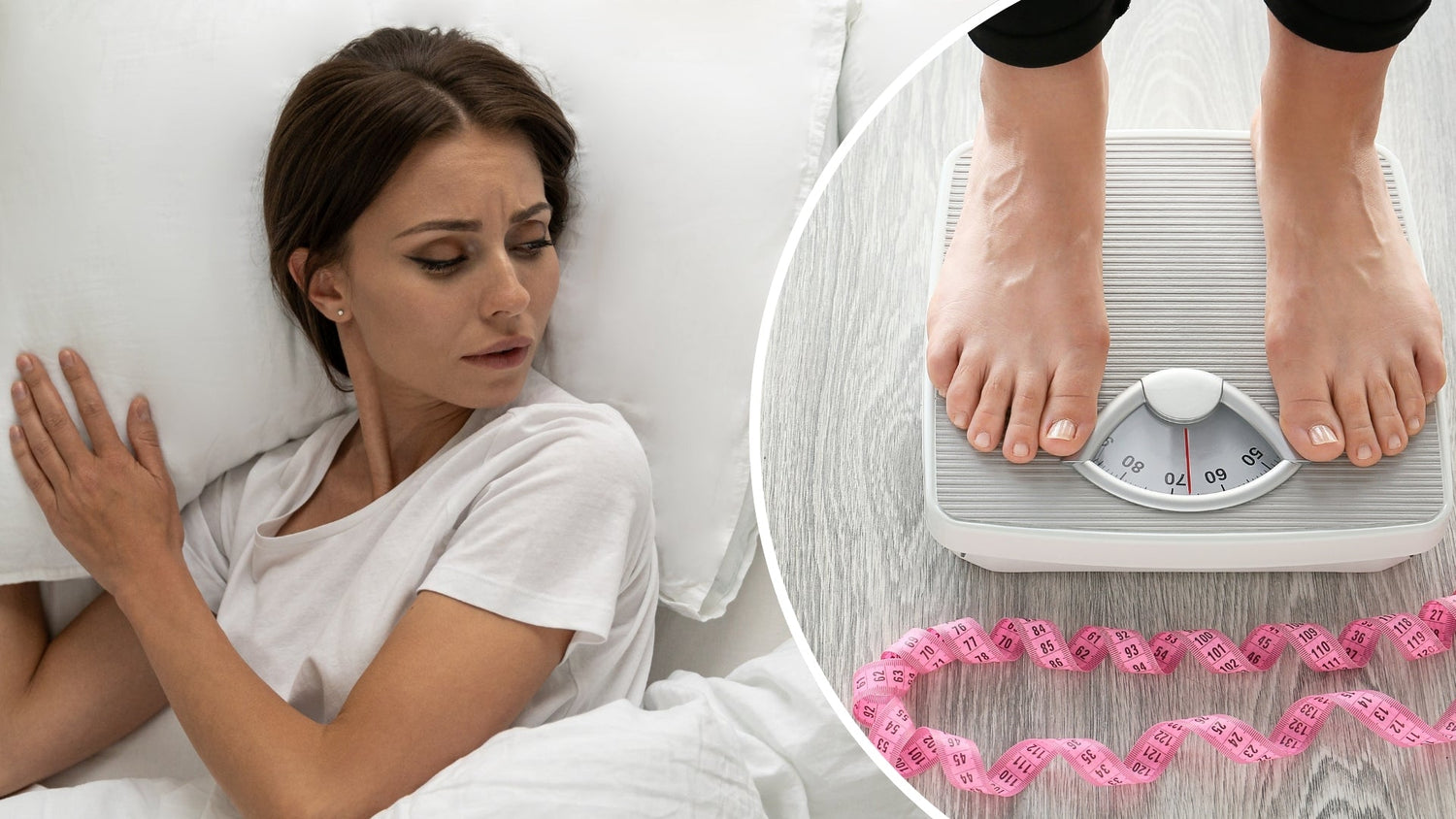When it comes to weight loss, most people focus on diet and exercise—but did you know that sleep plays a huge role too? Skimping on sleep can slow down your metabolism, increase cravings, and even make workouts feel harder. If you’re trying to reach your goals, getting quality rest might be the missing piece of the puzzle.
Here’s how sleep affects weight loss and why you should prioritise those extra ZZZs.
1. Helps Manage Your Cravings
Ever noticed that after a bad night’s sleep, you crave all the carbs and sugar? That’s because lack of sleep messes with hunger hormones. Sleep increases leptin (the hormone that tells you you’re full) and reduces ghrelin (the hunger hormone). The result? You feel less hungrier and are more likely to not reach for unhealthy snacks.
2. Sleep Regulates Your Metabolism
Your body burns calories even while you sleep, but when you don’t get enough rest, your metabolism slows down. Poor sleep can also lead to insulin resistance, which makes it harder for your body to process sugar and can contribute to weight gain over time.
3. More Sleep = More Energy for Workouts
Dragging yourself to the gym after a bad night’s sleep? Lack of rest makes workouts feel harder and reduces motivation. When you’re well-rested, your energy levels, endurance, and performance improve, helping you get the most out of your exercise routine.
4. Good Sleep Helps Reduce Stress (and Emotional Eating!)
Not sleeping enough increases stress hormones like cortisol, which can lead to increased fat storage—especially around the belly. Sleeps helps manage stress and exhaustion. It can also reduce triggers to emotional eating, making it easier to stick to healthier choices.
5. Deep Sleep is When Your Body Repairs and Recovers
During deep sleep, your body works to repair muscles, regulate hormones, and break down fat stores. Without enough quality sleep, your body doesn’t recover properly, making it harder to lose weight and build muscle.
How to Sleep Your Way to a Healthier You
- Stick to a sleep schedule – Aim for 7–9 hours of quality sleep each night.
- Create a relaxing bedtime routine – Reduce screen time, unwind with a book, or try a lavender-scented pillow.
- Invest in a good pillow – The right pillow supports your sleep posture, reducing discomfort and restlessness.
- Avoid late-night snacking – Try to finish eating at least 2-3 hours before bed.
- Keep your bedroom cool and dark – A comfortable sleep environment makes it easier to fall and stay asleep.
The bottom line? Sleep is just as important as diet and exercise when it comes to weight loss. So if you’re looking for better results, don’t just hit the gym—hit the right pillow too!
Happy Sleeping! 💤





Leave a comment
This site is protected by hCaptcha and the hCaptcha Privacy Policy and Terms of Service apply.